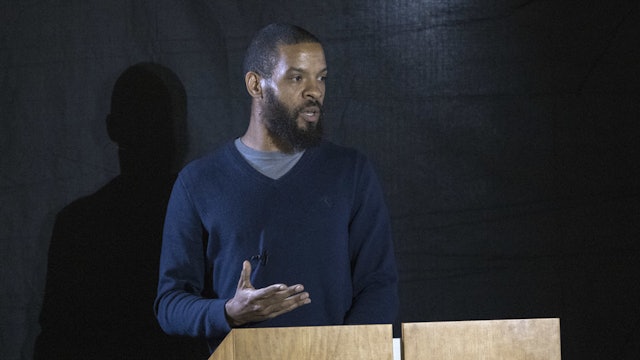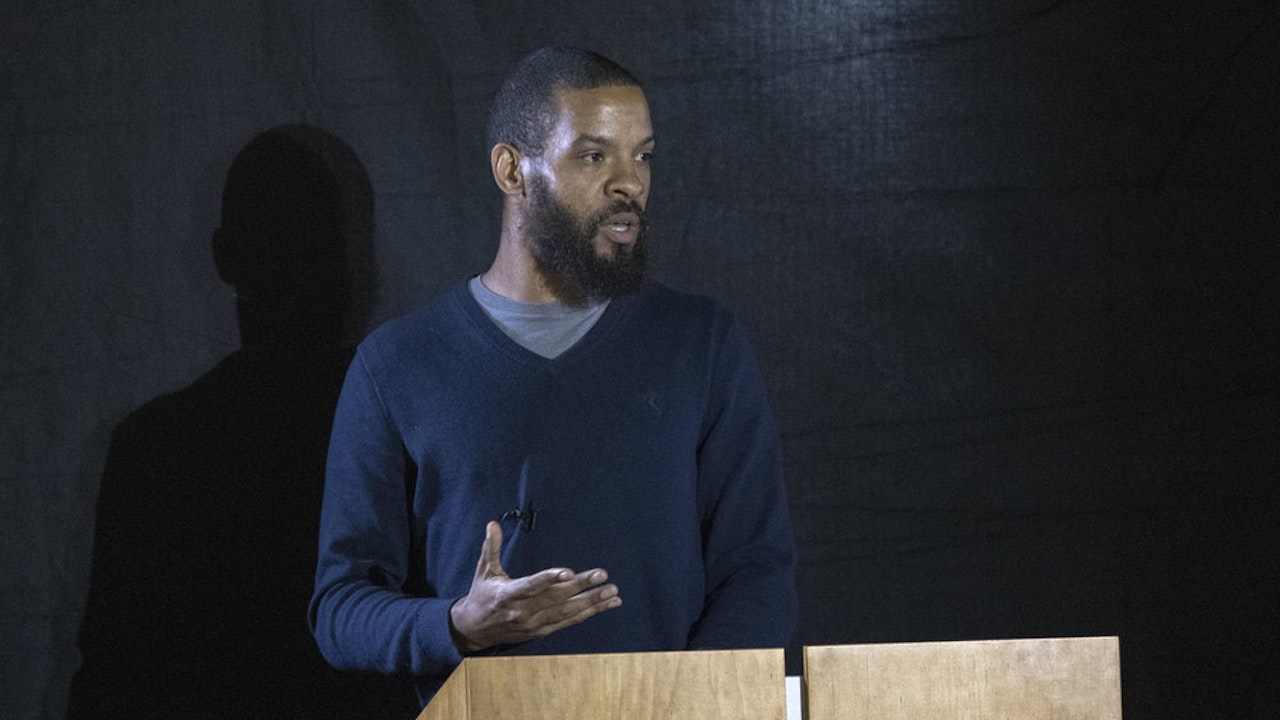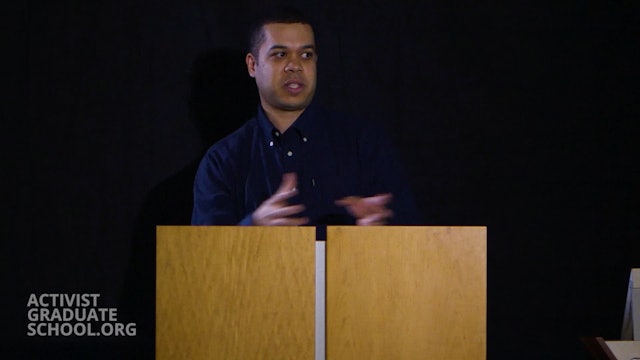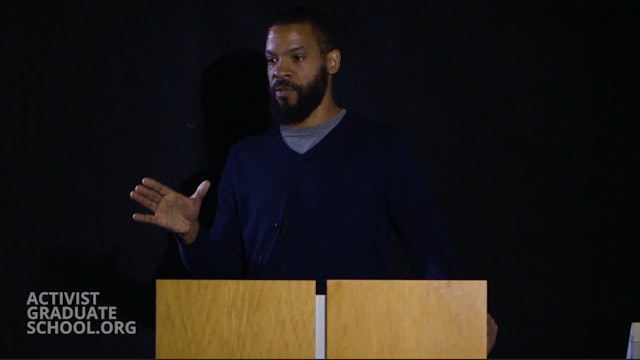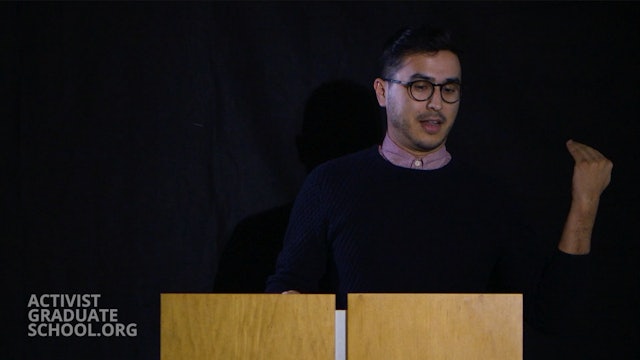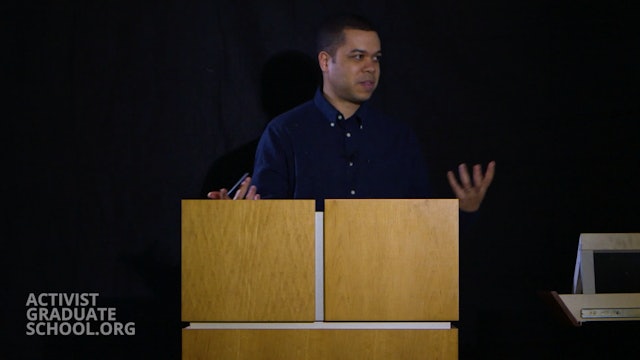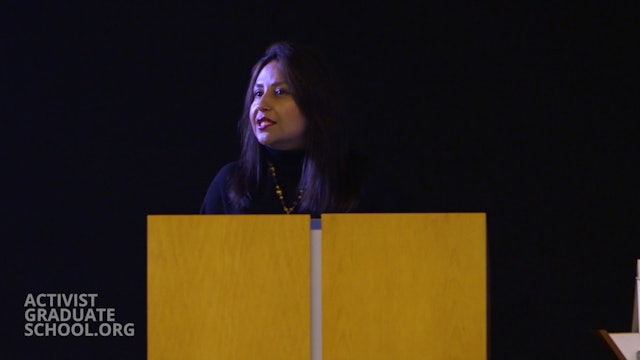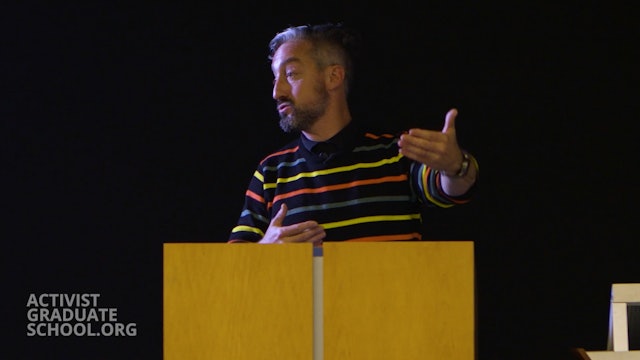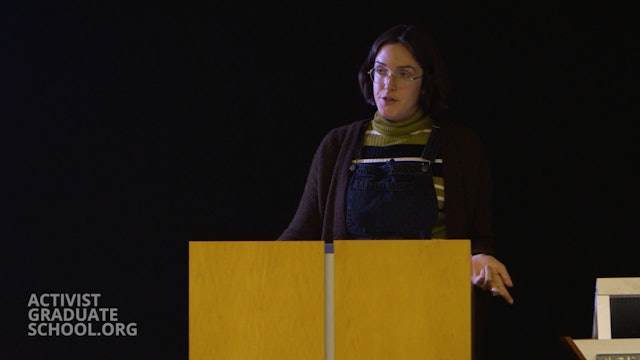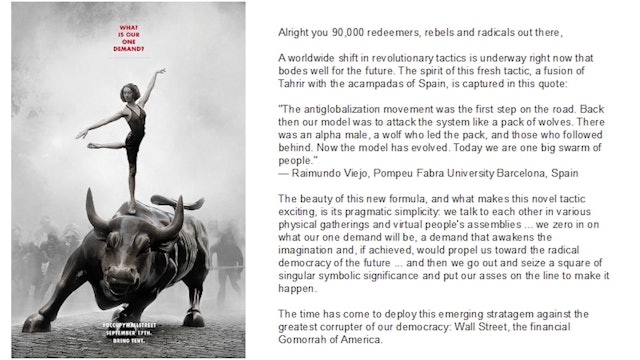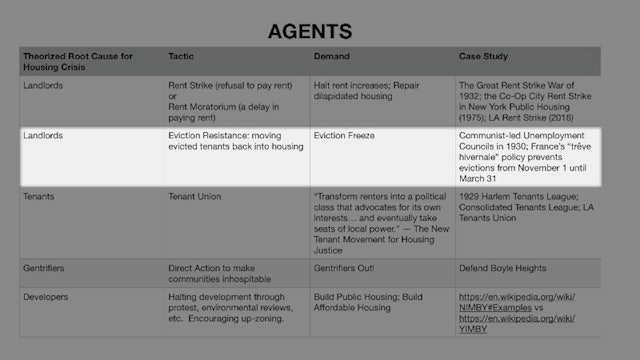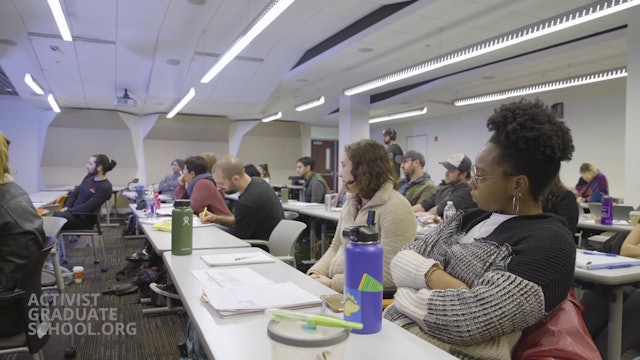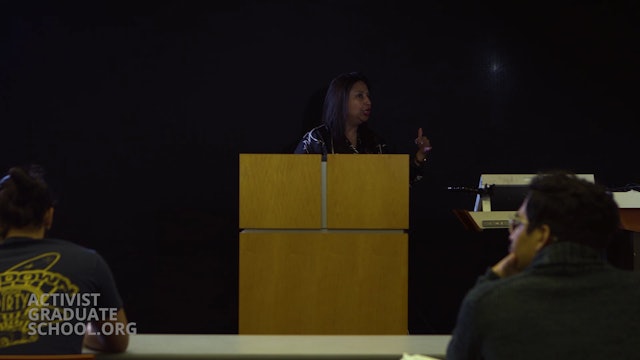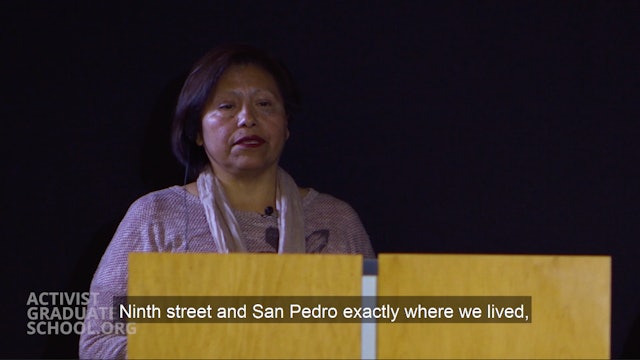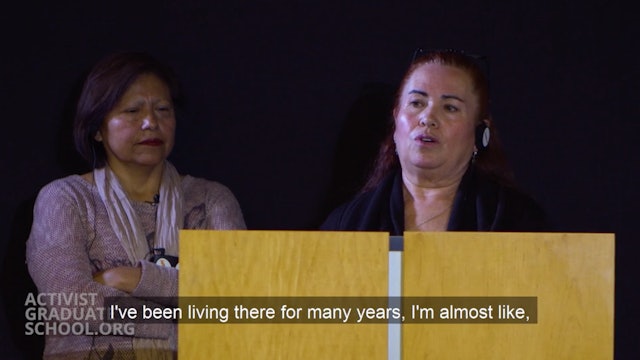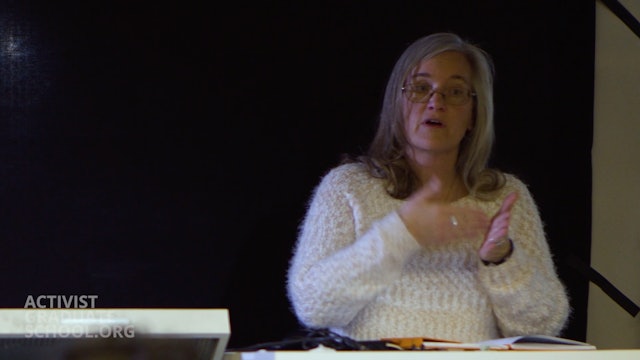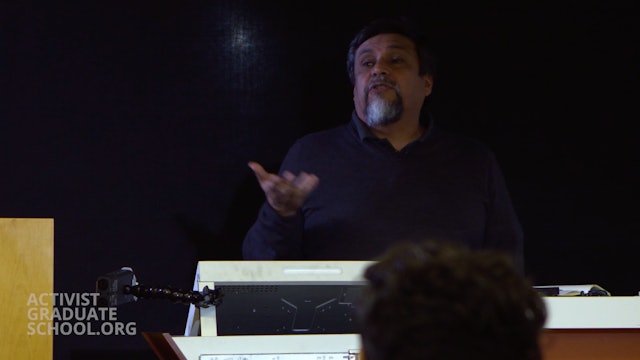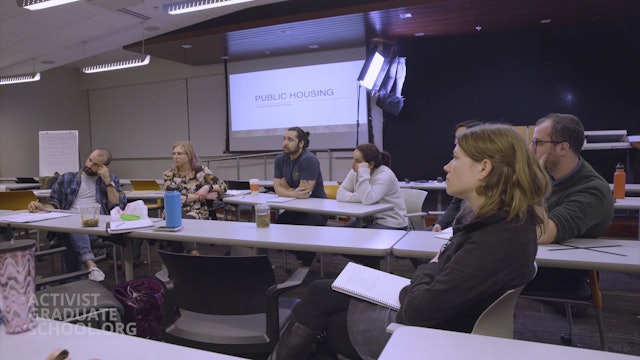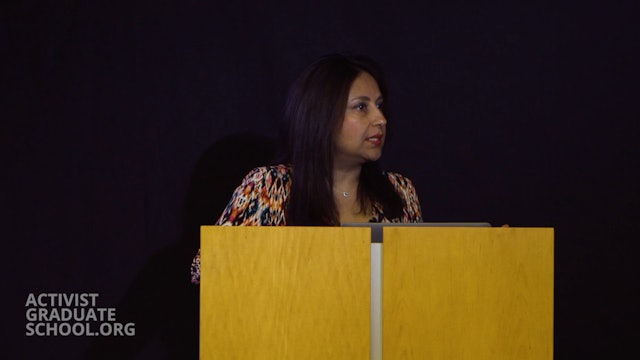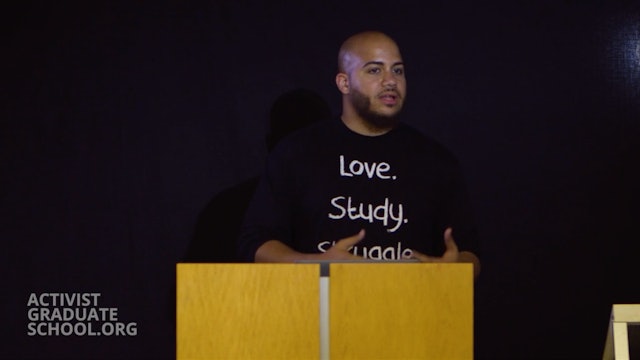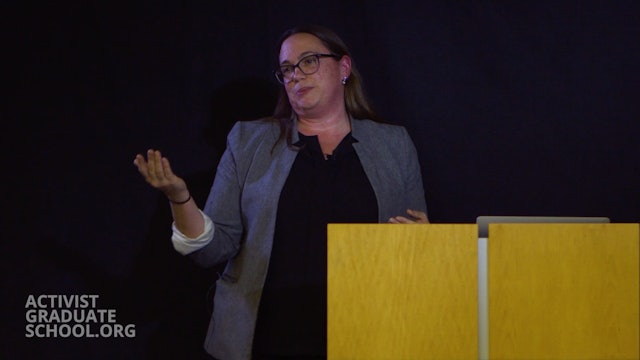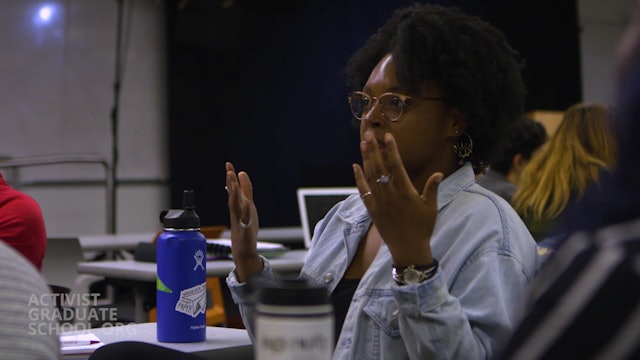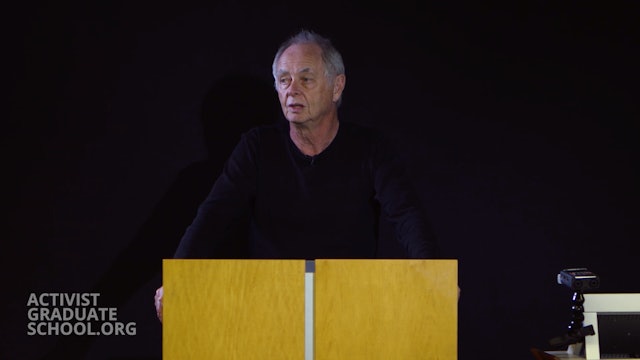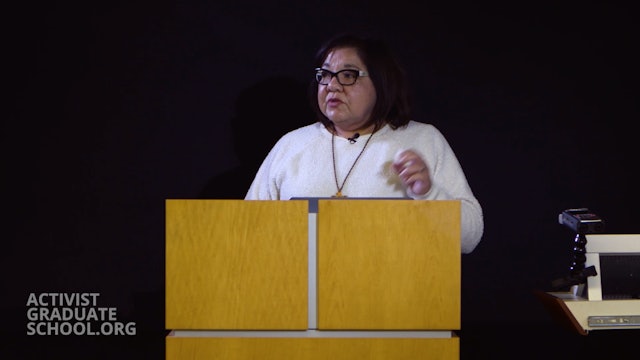Housing Justice Activism and Protest—Past, Present and Future (Course Two)
This course examines the housing crisis in the United States through the lens of housing justice. A collaboration between The Institute on Inequality and Democracy at UCLA Luskin and Activist Graduate School, the course has the following learning objectives. First, we will study social movements, community organizing, and housing occupations through critical and historical analysis. We are concerned with tactics and strategies as well as the new meanings of land, rent, housing, property, personhood, rights, and collectivism being forged by housing justice activism. Second, while the focus of the course is the United States, with Los Angeles as a case-study, we will eschew American exceptionalism. In the United States, the expansion of socio-economic inequality and enforcement of austerity policies, with manifestations in a crisis of housing affordability, evictions, and displacement, has been met by robust housing movements. Many of these are directly connected with, or inspired by, struggles in other parts of the world. We encourage students to consider these global connections and transnational alliances as they examine the question of housing justice. Third, this course links the housing question to multiple, interconnected processes of criminalization, segregation, and regulation. At work both in the United States and elsewhere, these manifest old and new forms of racialized exclusion and expropriation, and are in turn being met by housing justice struggles committed to racial justice, abolitionism, and decolonization.
The course is structured to focus each week on a different facet of housing justice activism and protest: renter power; predatory financialization; public housing in a global context; police and property; and the land question. For each theme we will consider the history, strategy and theories of change behind established and emergent practices of housing justice with an emphasis on historical analysis and key theoretical frameworks. Each week also includes explicit discussion and analysis of a key tactic of housing justice: rent strike, recuperating housing / vacant building occupations; protesting public housing demolition; anti-gentrification direct action; community land trusts. By the end of the course, students will develop a prediction, in the form of a strategy briefing or narrative scenario, of what the future of housing justice activism might look like and must look like.
-
1. Micah White, Guiding Questions (Week One)
-
2. Marques Vestal, Infrapolitics of Tenant Resistance (Week One)
-
3. Rene Christian Moya, LA Tenant Union (Week One)
-
4. Micah White, Preparing for Final Project (Week One)
-
5. Ananya Roy, Guiding Questions (Week Two)
-
6. Alex Schafran, Predatory Financialization & Segregation (Week Two)
-
7. Terra Graziani, Anti-Eviction Mapping Project (Week Two)
-
8. Micah White, Characteristics of Social Movements (Week Two)
-
9. Micah White, Theories of Change in Housing Justice Activism (Week Two)
-
10. Class Discussion (Week Two)
-
11. Ananya Roy & Micah White, Activist Potential of Public Housing (Week Three)
-
12. Ana Hernandez, A Leader of Public Housing Protest (Week Three)
-
13. Elvira Gonzalez, Eyewitness to Gentrification (Week Three)
-
14. Elizabeth Blaney, Union De Vecinos (Week Three)
-
15. Leonardo Vilchis, Union De Vecinos (Week Three)
-
16. Activism vs Organizing (Week Three)
-
17. Ananya Roy, Banishment and Housing Justice (Week Four)
-
18. Isaac Bryan, Million Dollar Hoods (Week Four)
-
19. Shayla Myers, Legal Aid Foundation of Los Angeles (Week Four)
-
20. Should Activists Follow the Community's Lead? (Week Four)
-
21. Eric Sheppard, Land Grabs Post-Colonial City (Week Five)
-
22. Helga Leitner, Housing Struggles in Jakarta (Week Five)
-
23. Josefina Aguilar & Oscar Monge, TRUST South LA (Week Five)
-
24. Ananya Roy, The Political Economy of Activism (Week Five)
